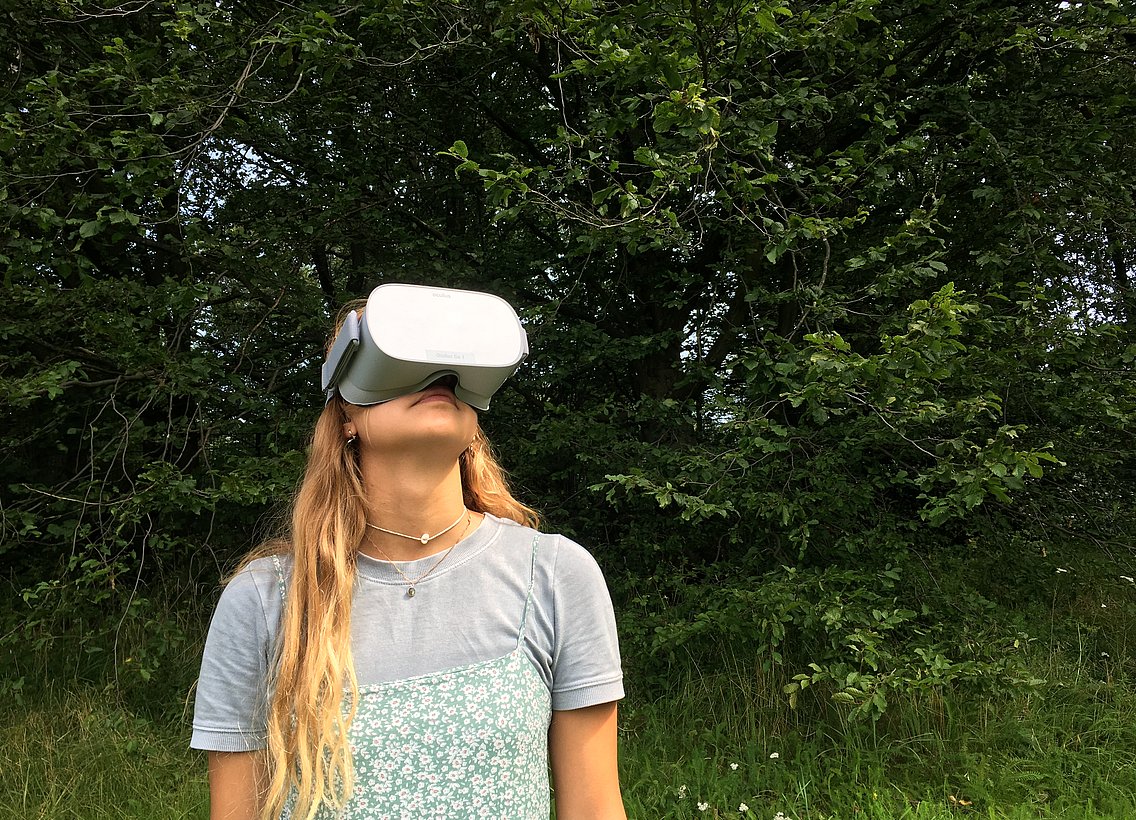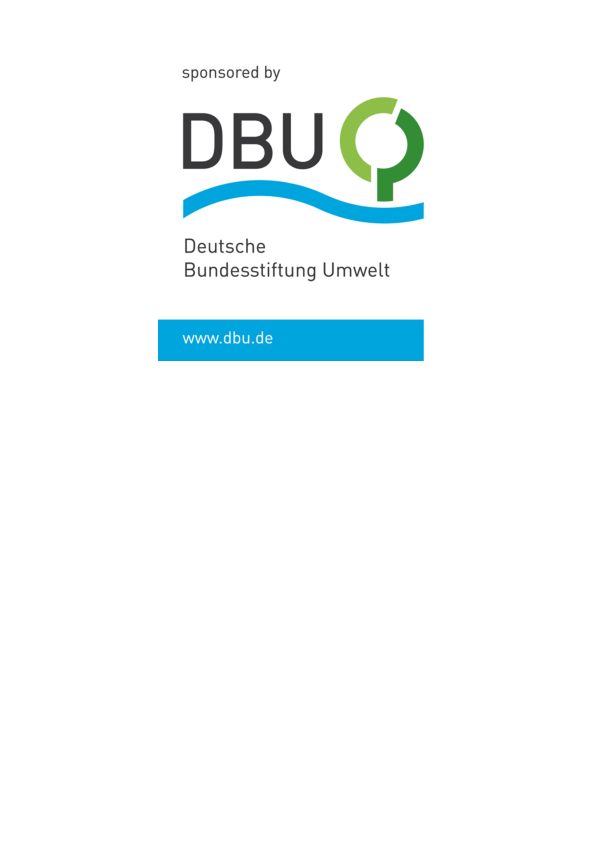Environmental relevance and objectives of the project to strengthen change agents
Objective of the project „Development of new environmental education offers with interactive, virtual ecosystem worlds to strengthen the perception level of change agents” is that teachers become aware of their importance for the process of sustainable development and can thus contribute as multipliers to a social transformation for the protection of biological diversity.
The increasing demand for space by humans leads to alteration, fragmentation and disappearance of ecosystem worlds. The loss of biodiversity has a mutual effect on climate change. Geography is the core subject of education for sustainable development (ESD) because it concerns oneself with the analysis of interdisciplinary human-environment-processes: Structures, processes and the interaction in the geosphere are captured, described, explained and analysed. Ecosystem research can therefore be directly linked to the goals of the 2030 Agenda.
In the subject of geography, ecosystem analyses are also carried out practically in the field, not only theoretically. However, this is accompanied by a high organisational and financial effort as well as an unsuitable high carbon dioxide impact of long journeys. The use of innovative digital methods opens up a new perspective: The development of virtual reality (VR) supported teaching concepts enables the actual experience of biodiversity loss in different habitats.
Structure
The VR-supportet ESD teaching module is directed to students of teacher-training course and teachers. It consists of five module parts that build on each other:
- Specialist and practical background knowledge on the topic of sustainability and biodiversity
- Experiencing and understanding biodiversity and biodiversity loss in the interactive virtual space
- Virtual redesign of landscape spaces for the increase of biodiversity
- Reflect on what has been learned against the background of other SDGs of the Agenda 2030
- Ability to apply what has been learned to the school context
The aim is to train (future) teachers to become “Powerful Change Agents” and to both enact their agency and develop their media literacy.
Description of the procedure to date
So far, an exemplary VR tour has been created with the VR software package VR Suite for the Eskesberg in Wuppertal. The integration of 360° images, sound files and other photos is possible. Because of the Covid-19 pandemic, an evaulation was only possible with few people.
To conduct the biodiversity analysis, a book was created with Book Creator, which, based on a preceding theoretical introduction to vegetation analysis, provides a description of the location of the ecosystem experienced in VR. In a third step, the persons participating in the module are to independently carry out the plant identification.
Based on the prototypes for VR ecosystems, further recordings were planned and two ecosystems in Berlin were chosen: Tempelhofer Feld and the Park at the Nordbahnhof. In May 2022, the first 360° photos were taken, bird calls recorded and vegetation charted. This will be repeated at a second time in July.


